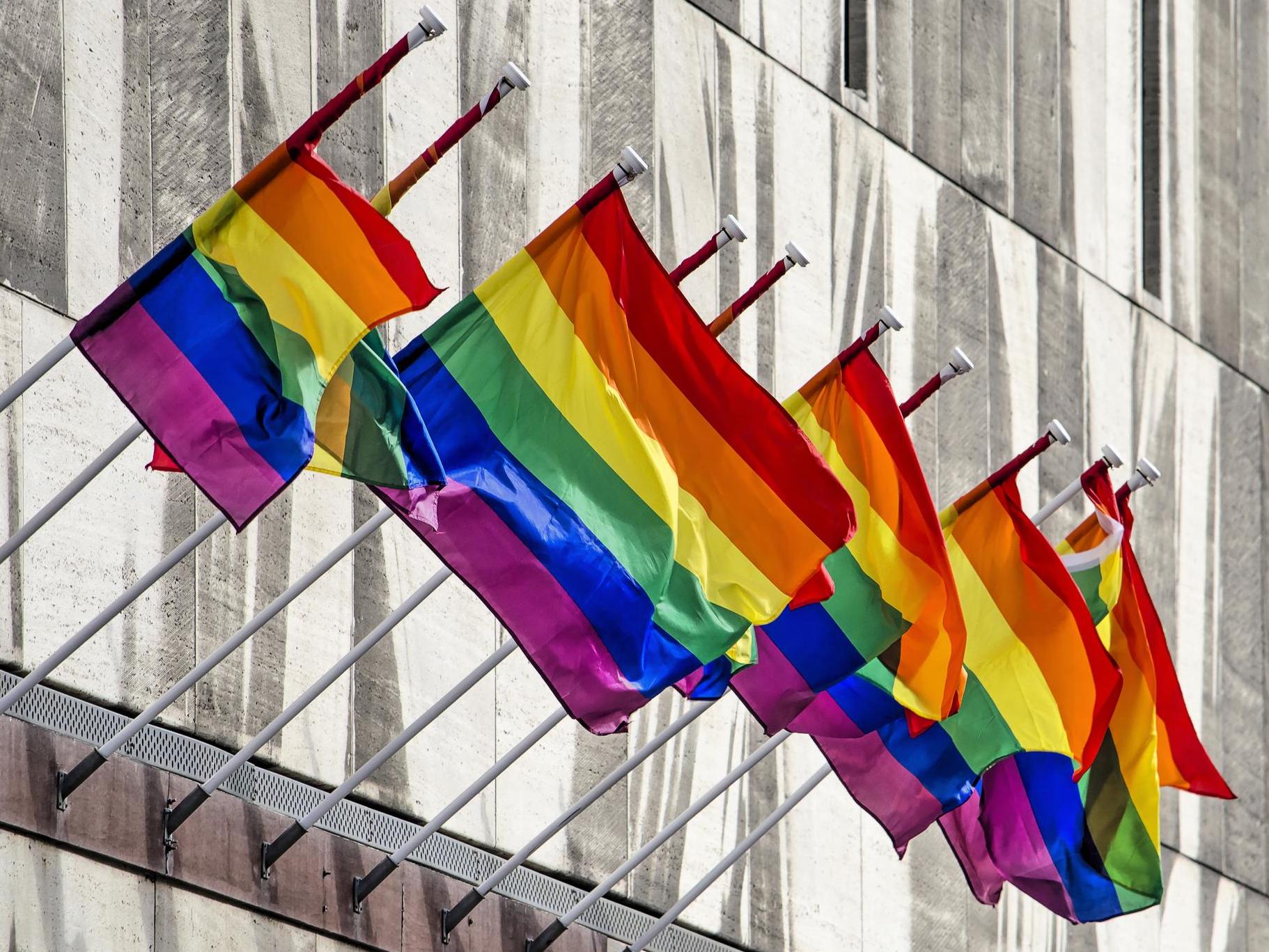UK government hasn't banned gay conversion therapy two years after pledge to end practice
Conservative equalities minister Kemi Badenoch says the so-called therapy is a 'very complex issue'

The government has made no moves to ban gay conversion therapy in the UK – almost two years after pledging to "eradicate" it.
In 2018, then-prime minister Theresa May's LGBT action plan said the government would bring forward proposals to "end the practice of conversion therapy" as a priority.
But equalities minister Kemi Badenoch said this week ministers considered it "a very complex issue" and that the government had not decided how to proceed.
In July 2018 ministers said the practice "must be stamped out” – with legislation if necessary – and described so-called “gay cures" as “abuse of the worst kind".
A July 2019 progress report published a year later said a formal consultation was on the way, but none has yet materialised.
Ms Badenoch suggested on Monday that there were no immediate proposals to change the law and made no mention of the promised consultation.
"Conversion therapy is a very complex issue," Ms Badenoch said in a written parliamentary written answer replying to a question about plans for legislation.
"There are a wide range of practices which may fall within its scope and we want to ensure we have a thorough understanding of the situation in the UK to inform an effective approach.
"Before any decision is made on proposals for ending conversion therapy we must understand the problem, the range of options available and the impact they would have.
"We will work to deepen our understanding and consider all options for ending the practice of conversion therapy."
Asked about the minister's comments, a spokesperson for the Government Equalities Office told The Independent the government "remains committed to ending conversion therapy"
But the spokesperson said ending the practice might not take the form of a legal ban, and said research had been commissioned to inform different approaches.
They insisted that this would not amount to backtracking by ministers because the government had not specifically promised a ban in legislation, but rather to end the practice in an unspecified way.
The department was unable to produce a timetable for any legislation or forthcoming consultation.
Laura Russell, director of campaigns, policy and research at Stonewall told The Independent: "Any form of ‘therapy’ that attempts to change someone’s sexual orientation or gender identity is unethical and wrong.
"These so-called conversion therapies have been condemned by all major UK health organisations as they try to shame a person into denying a core part of who they are, and this can have a seriously harmful impact on their mental health and wellbeing.
"The National LGBT Government survey found that 2 per cent of LGBT people have undergone conversion therapy, and a further 5 per cent have been offered it. We’d urge the Government to remain committed to take the steps they can to end this harmful practice."
Announcing the original plan to eradicate the practice in 2018 then equalities minister Penny Mordaunt acknowledged that the so-called "cures" can “range from pseudo-psychological treatments to in the most extreme cases, surgical interventions and ‘corrective rape’".
Equality campaigners warned that all conversion therapies were wrong and that the government should stand by the pledge it made two years ago.
That original promise came after the government found the controversial practice to be more prevalent than previously thought, after analysing a survey of 108,000 LGBT+ individuals across the UK.
In 2014 NHS England described the practice, which is sometimes promoted by religious groups, as “unethical and potentially harmful”.
Join our commenting forum
Join thought-provoking conversations, follow other Independent readers and see their replies
Comments
Bookmark popover
Removed from bookmarks